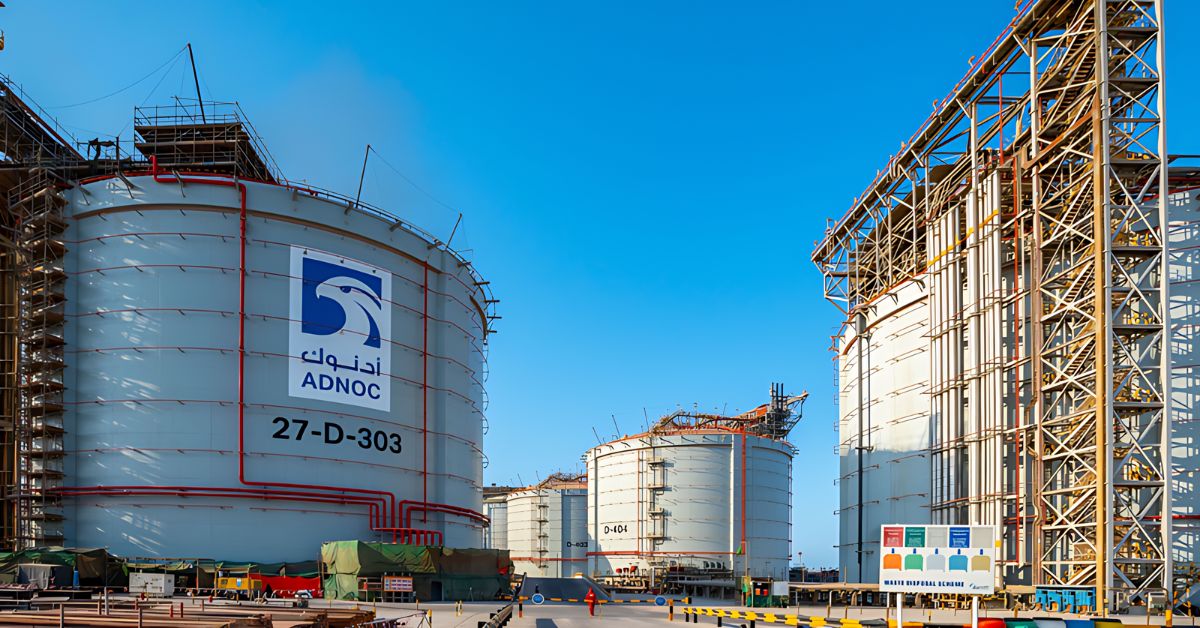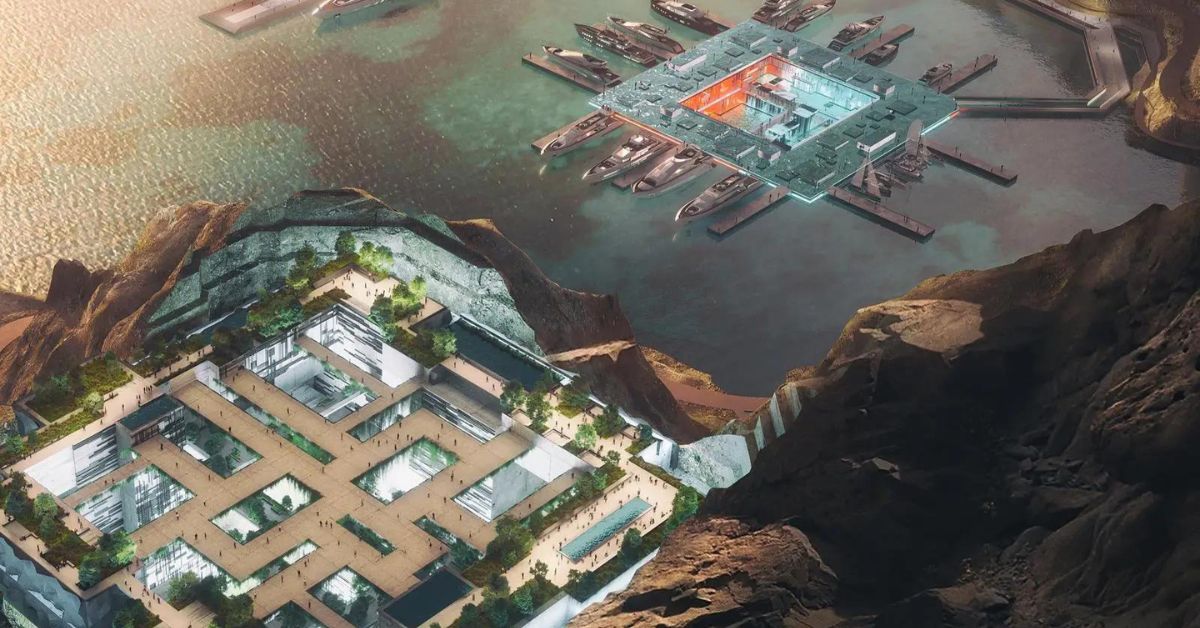DUBAI — The total value of projects in the Middle East and North Africa region that are in the bidding phase or due for an award in 2024 is expected to surpass US$ 270 billion, according to a report by MEED Projects.
In terms of the outlook for contract awards in 2024, MEED Projects reports that Saudi Arabia leads in the GCC with US$ 107.2 billion in expected contract awards, followed by the UAE and Kuwait with expected awards at US$ 51.5 billion and US$ 19.8 billion, respectively.
GCC countries comprise 80 percent, or US$ 216 billion, of the MENA region’s aggregate value of contracts that are in a bidding phase or due for an award in 2024.
According to MEED Projects, there are more than US$ 105 billion worth of contracts in the bid evaluation phase in the GCC and furthermore, over US$ 130 billion of contracts in the tender or pre-qualification stage.
The biggest project that is in both the bidding and bid evaluation phase in the GCC is the US$ 7 billion UZ1000 expansion project by Abu Dhabi National Oil Company (ADNOC Offshore) for the construction of surface facilities at the Upper Zakum oil field.
The second-largest contract currently in both the bidding and evaluation phases simultaneously is the US$ 6 billion Duwaiheen project to develop two 2,800 MW nuclear reactors in Saudi Arabia. In Kuwait, the US$ 4 billion Al-Zour North independent water and power project (phases one to three) tops the list as the largest contracts in the bid phase or due for an award during the year in the country.
In terms of contract awards by sector in 2024, the GCC Power Sector is expected to be the strongest sector, with the value of projects in bid and due for award phases at US$ 59.7 billion, followed by the Transport sector at US$ 53.1 billion.
GCC project awards almost doubled during 2023, reaching US$ 209.7 billion compared to US$ 109.7 billion in 2022, underlining the progress made by governments in the region.
This was the highest-ever aggregate value of yearly projects awarded in the GCC region, which, among other things, highlights the culmination and significant trajectory of Saudi Arabia’s diversification plans. It also underscores the determination of countries in the region to continue executing their modernizing and economic diversification plans.
In terms of the wider Middle East and North Africa region, the total value of contracts awarded during the year surpassed the previous high of US$ 240 billion in 2014 to reach US$ 254 billion in 2023.
According to a recent report by Kamco Invest, growth in GCC contract awards was broad-based during 2023, as all countries in the GCC witnessed at least double-digit year-over-year growth in their aggregate value of contracts awarded. For example, Kuwait experienced the highest percentage growth in the region, recording nearly 300 percent year-over-year growth in the total value of contracts awarded, reaching US$ 8.2 billion, up from US$ 2.1 billion in 2022.
Bahrain remained the smallest project market in the region, despite witnessing a 19 percent gain in its total value of contracts awarded, which reached US$ 1.2 billion, while Saudi Arabia maintained its top position as the largest projects market in the GCC during 2023.
Total annual contracts awarded in Saudi Arabia reached their highest-ever level, with the Kingdom’s total value of projects awarded jumping 58.6 percent to reach US$ 94.9 billion, up from US$ 59.8 billion in 2022. Saudi Arabia’s year-over-year growth in contract awards was propelled by the country’s Vision 2030 Plan.
Similarly, total contracts awarded in the UAE experienced a strong surge, recording an increase of 167.9 percent year-over-year to reach US$ 79.5 billion. Saudi Arabia comprised 45.2 percent of the contracts awarded in the GCC region during 2023, while Saudi Arabia, the UAE, and Qatar combined represented 92.2 percent. The surge in GCC project awards during the year was mainly driven by a jump in the value of projects awarded in the Gas and Construction sectors.
The GCC Gas Sector contracts awarded quadrupled during 2023, reaching US$ 42.1 billion, compared to US$ 9.7 billion in 2022. On the other hand, the total value of contracts awarded in the GCC Construction Sector increased by 33 percent to reach USD 61.2 billion during the year, making the sector the largest in the region and comprising 29.2 percent of total projects awarded in 2023.

GCC Projects Market Outlook
According to the report, the 2024 GCC project market is expected to be on par with 2023 levels, given the strong pipeline as well as the reforms being formulated by governments in the region to reduce dependence on oil revenues. These efforts are also evident in the real GDP growth expectations for 2024. The GCC countries are expected to witness stronger economic growth in 2024 following a sluggish performance in 2023, which was affected by OPEC+ oil production cuts.
In its latest regional economic outlook report, the IMF has projected the GCC real GDP to expand by 3.7 percent in 2024, compared to 1.5 percent in 2023. This closely aligns with forecasts recently published by the World Bank, which highlighted sustained private consumption, strategic fixed investments, and accommodative fiscal policy as the main drivers of growth in the region in the medium term.
Other broad drivers include the participation of the private sector through PPP (Public-Private Partnership) projects, as well as the transition to a more ESG (Environmental, Social, and Governance)-compatible projects model. Each country in the GCC is making concerted efforts to comply with the most recent green initiative guidelines.

